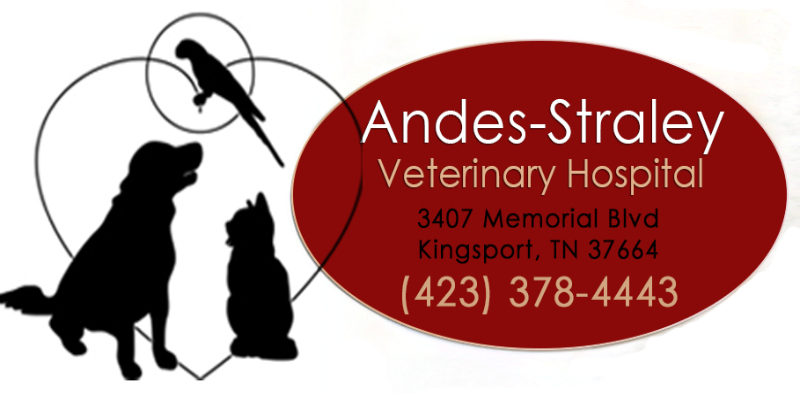How To Safely Help Injured Wildlife
If you’re out enjoying the great outdoors and come across injured wildlife, it’s essential to know what steps to take. It can be tempting to panic and rush the animal to a nearby veterinary clinic or to leave it alone, but the best method of handling injured wildlife is with caution and care. Wild animals are unpredictable and not accustomed to interacting with humans. An injured animal will be scared and could harm you if not handled correctly. Follow these steps for the best results in dealing with injured wildlife safely:
Assess The Damage
How hurt is the animal? Not every injury requires medical attention. A surface-level scrape is likely to heal on its own, whereas a more grievous injury, such as a broken wing or heavy bleeding, is a sign you should intervene. An orphaned animal may not be injured, but it becomes a serious problem if it is so young that it cannot survive on its own.
Capture The Animal
If the animal is unconscious or docile, use a towel to carefully place it in a carrier or a box with air holes. Because it is a wild animal, refrain from touching it more than is necessary, as this could threaten the animal and trigger a predatory response. If you are unable to capture it, notify a licensed wildlife rehabilitator or the Department of Fish and Wildlife.
Providing Medical Care
If you are able to capture the wildlife, bring it to the nearest emergency animal clinic for medical care. Do not attempt to rehabilitate the animal yourself. Wildlife rehabilitation aims to ultimately release the animal back into its natural habitat. Taking it into your home without proper knowledge of how to care for wildlife could risk its future.
Wildlife rehabilitation is essential to maintaining a peaceful coexistence between wildlife and humans. By utilizing the techniques outlined above, injured or orphaned wildlife will have the best chance of surviving safely. If you’ve found injured wildlife or have further questions on this subject, contact us today.



